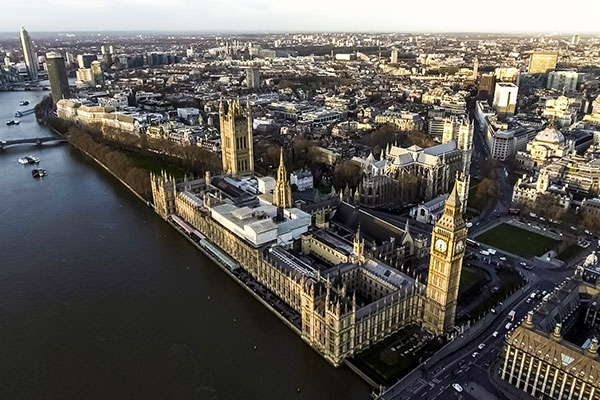The UK Treasury’s unexpected decision to increase Air Passenger Duty (APD) on premium long-haul flights has rattled the airline industry. Industry leaders and representatives have expressed frustration over the lack of prior communication about the change.
Airlines UK chief executive, Tim Alderslade, highlighted the abrupt nature of this tax adjustment during a recent conference, emphasising its potential negative impacts on the sector.
Impact of the Unforeseen APD Hike
The recent announcement by Chancellor Jeremy Hunt introducing an 11% rise in APD on non-economy flights has been met with dismay across the aviation sector. This increase will significantly affect premium economy and business-class fares, raising the band B rate to £216 for flights to several key international destinations, including the US and the Caribbean.
Industry reactions have underscored the unexpected nature of this decision, with no prior warning given to airlines. Normally, industry insiders would receive a notice a couple of hours in advance, but this time, there was complete silence from the Treasury.
Insights from Industry Leaders
Tim Alderslade expressed his disappointment at the Business Travel Association conference, noting that the Treasury’s focus seemed to be purely on financial gain rather than considering the broader implications for the travel industry. His remarks painted a picture of a government more interested in quick financial fixes than long-term stability.
Alderslade described conversations with Treasury officials as challenging, likening them to a poor first date where communication was virtually non-existent. He warned that the current state of public finances could lead to more such abrupt and impactful decisions in the future.
Economic Ramifications of the APD Adjustment
Aviation experts have voiced concerns about the financial strain this increase will impose on airlines, especially those operating premium services. The additional costs are likely to be passed on to consumers, potentially reducing demand for premium travel classes.
Long-haul flights over 5,500 miles will now see even higher APD rates, such as £224 for routes to destinations like Buenos Aires and Bangkok. The hike does not affect short-haul flights similarly, remaining steady at £13 for economy and slight increases for medium and long-haul.
Government and Industry Dynamics
Julia Lo Bue-Said, representing outbound travel on the Tourism Industry Council, questioned why the government overlooks the economic contributions of outbound travel. She highlighted the assumption within the Treasury that outbound travel detracts from the UK economy, despite evidence of its benefits.
The industry’s fragmented response to government policies was also noted by Alderslade, who urged for a more unified approach with clearer priorities. He suggested concentrating lobbying efforts on a few critical issues rather than numerous scattered demands.
Comparative Market Reactions
The UK is not alone in facing aviation tax challenges. Other countries have implemented or considered similar measures, with varying degrees of industry backlash.
Some market analysts argue that such tax increases could disadvantage UK airlines compared to international competitors, potentially impacting the UK’s market share in global aviation.
Future Outlook and Industry Strategy
Richard Toomer of the Tourism Alliance acknowledged the minimal influence of travel industry issues in the upcoming general elections, suggesting a potential neglect of tourism and travel concerns by policymakers.
Alderslade and other industry leaders emphasised the need for a strategic response, leveraging robust economic data and stakeholder interests to argue their case more effectively.
Call for Policy Reassessment
The abrupt APD hike highlights the necessity for ongoing dialogue between the government and the airline industry. A more transparent and consultative approach could prevent such surprises in the future.
The sudden increase in premium APD underscores the need for better communication between the UK government and the airline industry. Without advance notice or consultation, such decisions can have wide-reaching negative impacts on both airline operations and consumer demand.

